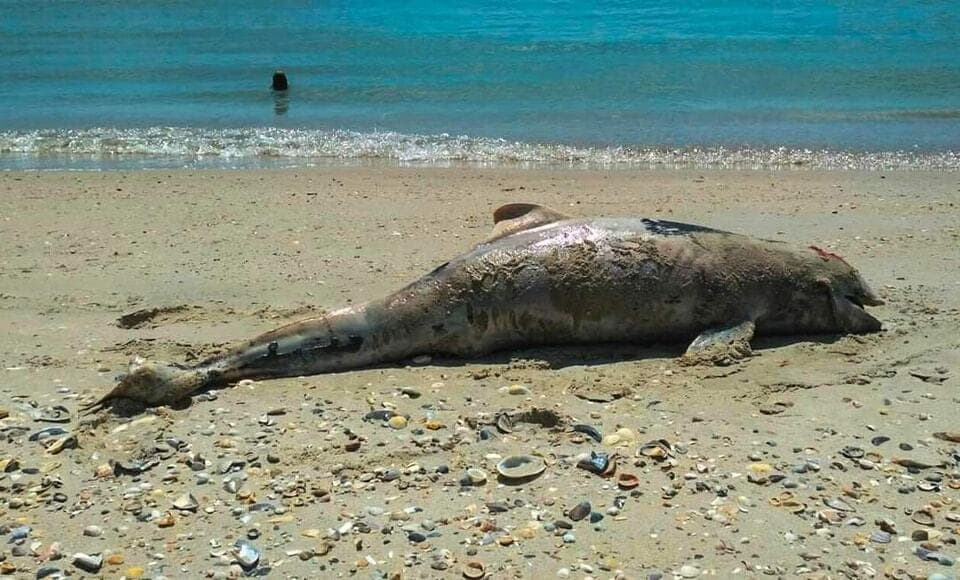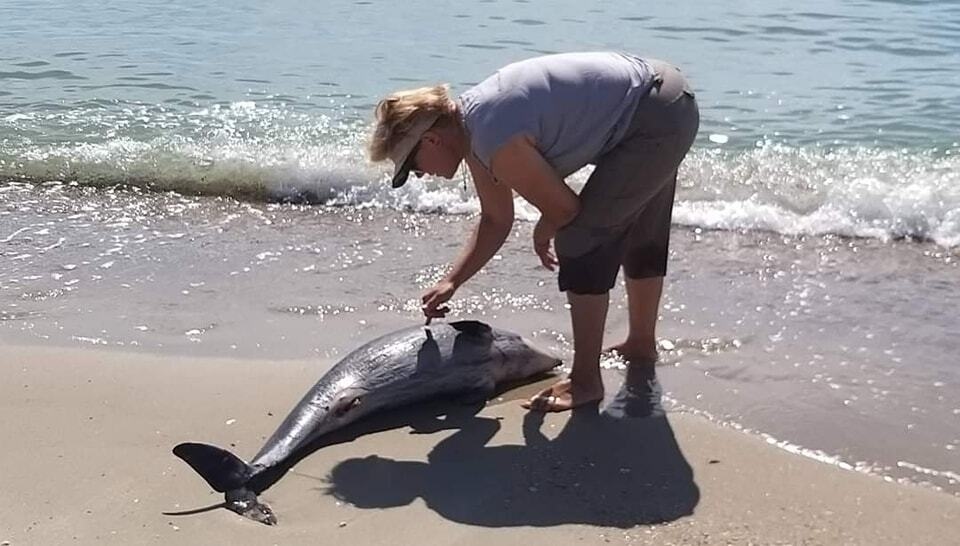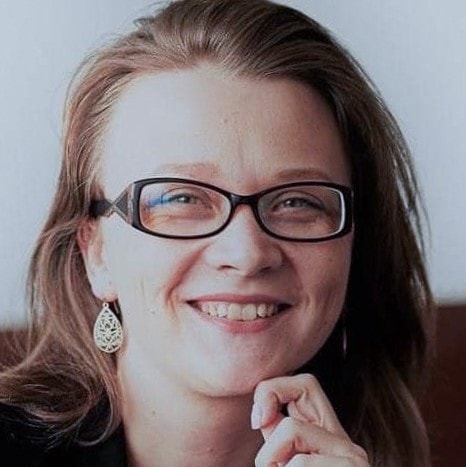More than 5,000 dolphins die in Black Sea as a result of Russia’s war

Russia's war in Ukraine is not only killing civilians but defenseless animals as well.
Marine biologists and ecologists from countries in the Black Sea region are sounding the alarm, as dolphins die en masse for the fourth month in a row.
Ivan Rusev, an environmental scientist at Ukraine's Tuzly Estuaries National Nature Park, estimates at least 5,000 dolphins have died in the Black Sea between March and July.
This number is three times higher compared to pre-war figures, according to Rusev.
Dolphins use echolocation, also known as sonar, to communicate, find food, and navigate. The constant underwater noise caused by submarines of Russia’s Black Sea Fleet and their powerful hydrocollators, as well as explosions, is causing dolphins acoustic trauma, paralyzing this vital echolocation system.
As a result, dolphins are dying in higher numbers as they have trouble finding food and become susceptible to viruses and parasites due to weakened immune systems. As Russian warships use the Black Sea to fire missiles at Ukrainian territory, the decline is expected to continue, with devastating effects on the Black Sea ecosystem.
If before Russia's all-out invasion on Feb. 24, biologists recorded traces of nets on the bodies of dead dolphins with their fins cut off by fishermen and poachers, now they are found untouched.
“I have never seen this before. This is something absolutely new and terrifying for scientists,” Rusev told the Kyiv Independent.
Disaster for all
The dolphin population in the Black Sea has been rapidly declining over the last hundred years.
It has dropped more than 20 times, from 6 million last century to today’s 253,000, according to Ukraine’s Ministry of Environmental Protection and Natural Resources.
Ecologists from Bulgaria, Romania, and Turkey have all reported an “extraordinary increase” in the number of dead dolphins washed ashore.
In the Bulgarian city of Burgas alone, about 60 dead dolphins have been found around since the beginning of the year, according to ecological inspection expert Maria Andreeva.
Rusev says that the number of dolphins that wash up on shore generally represents only 5% of the total that have died. Those that aren’t found on beaches are eaten by birds, crustaceans, and other sea predators.
The Turkish Marine Research Foundation Tudav reported that at least 80 dead dolphins have been found in the western part of the Black Sea as of May.
Although Turkish biologists agree that the Black Sea has never had “so many ships and so much noise,” they say they have no direct evidence that dolphins are dying because of the war in Ukraine, some 630 kilometers north of Turkey by sea.
However, Rusev believes that there is convincing evidence. He received laboratory tests that his colleagues conducted in Romania that showed that out of the 10 dolphins examined, half had died due to infection or parasites.
“A healthy dolphin is a very powerful creature and is rarely affected by such diseases. It’s definitely acoustic trauma,” he said.

What’s more, constant explosions in the Black Sea trigger dolphins to swim rapidly to the surface of the water causing air embolism — similar to “the bends,” or decompression sickness, that occurs when scuba divers surface too quickly and nitrogen bubbles form in the bloodstream.
“When it happens quickly, blood clots appear and dolphins die,” said Rusev.
Radioactive pollution and chemical pollution from missiles is also threatening wildlife in the Black Sea, but the effects will likely only be visible later.
Even before the war, one of the conditions for Ukraine to enter the European Union was to raise the percentage of protected natural areas from 6% to 15% by 2025.
But not much was done to reach that goal. If the dolphins, who also act as sanitarians of the sea by eating sick fish, continue to disappear, life in the sea will degrade, the expert fears.
“Many of the unique fish species we have today will disappear. We will lose a whole ecosystem,” said Rusev.










